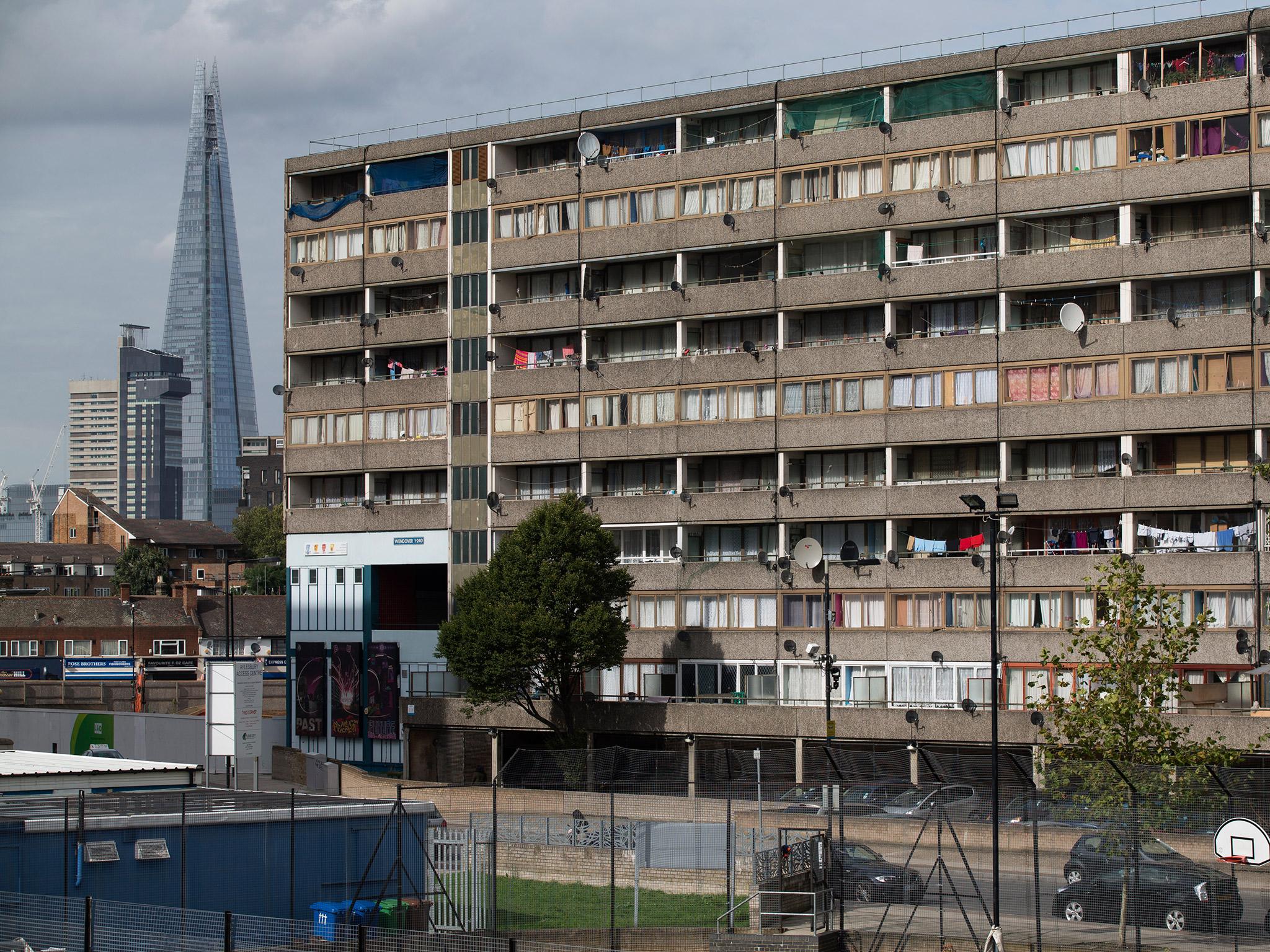Of course politicians don't care about lowering house prices
Nevertheless, the price of property is beginning to define our economy - and it's a serious cause for concern

A story from Oxford caught my eye this week: the city council is now being forced to buy social housing outside its boundaries to house its homeless. The implications are enormous, but the reaction from the political classes? A shrug of the shoulders.
House prices in Oxford have risen by 36 per cent in five years, and it now has the least affordable housing in the country, including London, based on local income. Commuters fuel the price rises, of course, themselves forced west as they are unable to afford the increased costs of buying in the capital. Where next might be caught in this ripple effect? Swindon?
We fear for the young middle class, and their diminishing chances of clambering aboard the property-owning democracy. A legitimate worry, and figures show that house ownership – which peaked at 71 per cent in 2003 – is now at 64 per cent and falling. But the deeper concern is that Oxford is the first local authority outside London which has admitted it cannot provide sufficient affordable housing within its own boundaries. An estimated 50,000 from London have left for the Midlands in the past three years because of cuts to housing allowances, and that will now rise after George Osborne’s summer Budget. It’s interesting that Boris Johnson and Jeremy Corbyn, from opposite ends of the political spectrum, call this “social cleansing”. We’re facing ghettoisation.
The Thatcher revolution and council house sell-off had big benefits for individuals, but the short-sighted failure to replace the homes bought has dire collective consequences. The price of property now has an over-weaning role in our economy and its impact on social cohesion may yet be catastrophic.
I was brought up in a council house in a new town 13 miles from Glasgow. After the war, town planning was ambitious, and Cumbernauld was built to move families away from inner-city slums and provide them with decent housing. Five such communities were built across Scotland.
The town grew to be the eighth biggest in Scotland, with a population today of 52,000. It was an incredibly happy place to grow up, and there was a strong sense of community. By today’s standards, however, the whole project sounds almost Stalinist – but it worked.
Successive governments of both political hues from the 1940s to the 1970s realised the responsibility it had to provide good-quality housing for low-income families and invested wisely. One recent report demonstrates how a part-funded Government programme could help alleviate Britain’s housing crisis while boosting the economy too.
The Capital Economics study argues current allocation of public expenditure to housing fails to take into account the future costs to the welfare system of higher rents in the private sector. Within 40 years, Britain’s housing benefits bill could rise from £24.4bn each year to eight times that.
Better then, to accept those higher rents are the consequence of so little social housing, and do something about it. It argues the critical gap in supply is about 100,000 a year, and that the Government should part fund a determined scheme that can plug it.
For every £1 the Treasury spent on housebuilding, economic output would be boosted by £2.84, says Capital Economics, using statistics from the Office for Budget Responsibility. From that, the Treasury picks up 56p in tax.
And for a short-term rise in public-sector net borrowing of 0.13 per cent of GDP, the returns are startling. Within 40 years, net debt – boosted by tax receipts from the building industry and the reduction in welfare payments – would be at 80 per cent of GDP, rather than 86 per cent, and borrowings would be at 4.1 per cent rather than 4.7 per cent. That is £91bn a year, or four-fifths of current spending on the NHS in England.
What’s interesting is politicians refuse to see the benefits, financial and social. Short-termism? Stupidity? Perhaps if you own a home (and another to rent out) you just don’t care enough.
Join our commenting forum
Join thought-provoking conversations, follow other Independent readers and see their replies
Comments
Bookmark popover
Removed from bookmarks